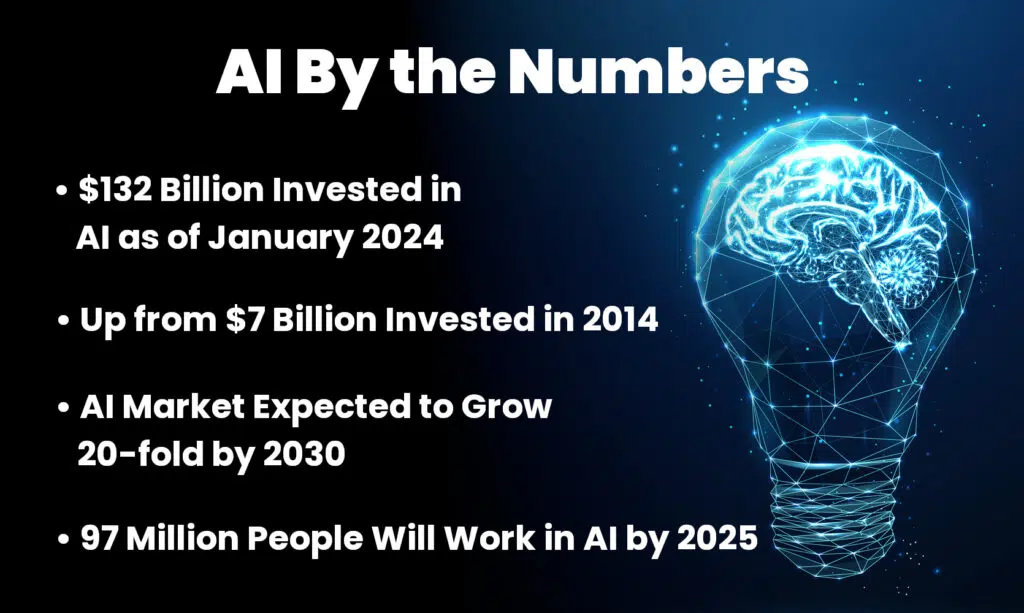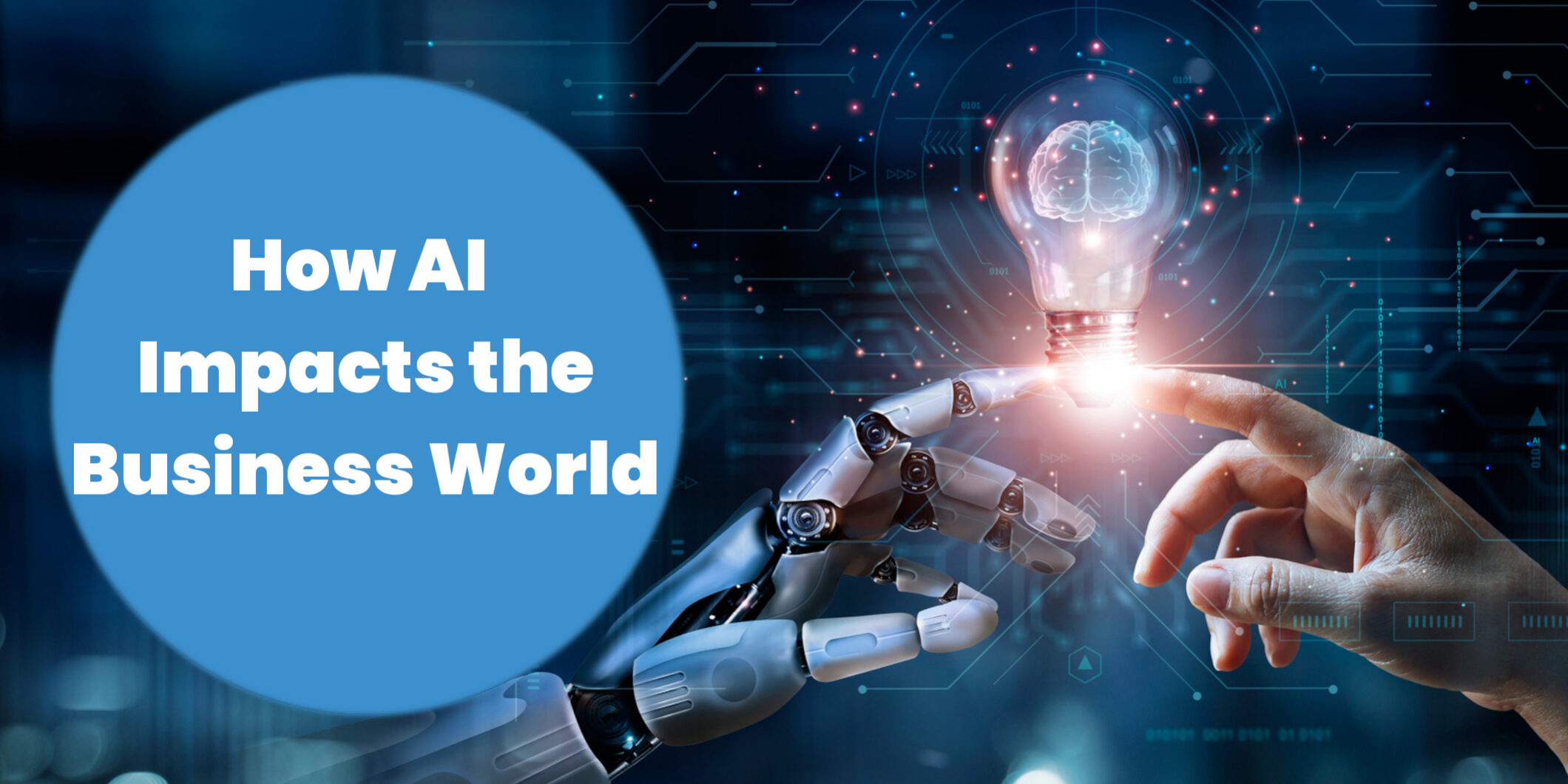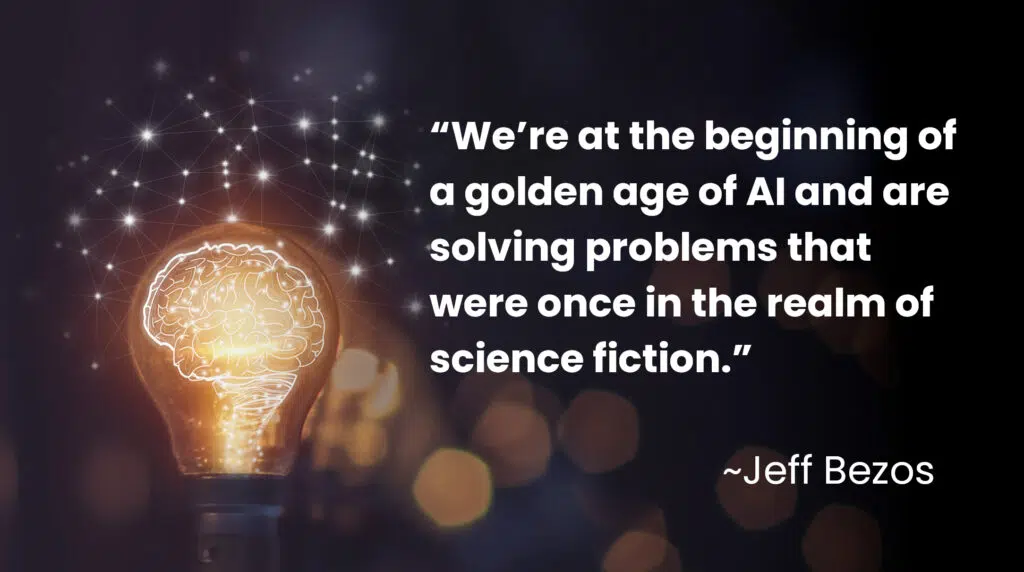Artificial intelligence is transforming the business world in some profound, never-before seen ways, matched only by the pandemic era rise of the cloud. But AI promises to be even more transformative and we’re already seeing prominent business leaders and politicians emerge with new ideas, new challenges and new opinions on the topic of artificial intelligence. AI discussions range from how artificial intelligence ought to be used — or not used, as the case may be — to new applications and use cases for AI, along with the development of legislation and AI guardrails that would serve to corral the technology, along with any adverse social impacts.
Elon Musk Seeks Larger Share Percentage in Tesla as Car Company Develops AI
Elon Musk is seeking a greater share in Tesla as the car manufacturer delves deeper into the realm of AI, positioning itself to become a front-runner in the development of AI innovations.
In a post on X — formerly known as Twitter — Musk wrote, “I am uncomfortable growing Tesla to be a leader in AI and robotics without having ~25% voting control. Enough to be influential, but not so much that I can’t be overturned…Unless that is the case, I would prefer to build products outside of Tesla.”
Musk currently owns a 13% share in Tesla. He’s seeking an additional 12%, almost doubling his shares to arrive at 25%. Previously, Musk had a more than 20% share in Tesla, but sold off a large portion of his shares to raise the funds to buy the social media platform formerly known as Twitter.
According to a CNN report, private investment in AI has topped $132 billion dollars globally, which reflects a dramatic increase from just $7 billion dollars in 2014 and then $45 billion dollars in 2019. So it may be fair to surmise that Musk is in good company with countless private investors looking to sink their investment dollars into artificial intelligence and related technologies such as multimodal machine learning.
In a report issued this week, the International Monetary Fund (IMF) predicted that AI could exacerbate social inequality — a reality that the group says can only be avoided with new legislation.
Politician Blames AI for “Hot Mic” Remarks on the Assassination of Fellow Politicians
Pro-Trump politician Roger Stone is blaming artificial intelligence, saying that remarks promoting the assassination of Democratic colleagues were generated using AI technology.
On Monday, January 15, Mediate published an audio clip where Stone can be heard calling for the assassination of Rep. Eric Swalwell and Rep. Jerry Nadler, saying the pair of Democrats “has to die before the election” in 2024.
It appears that Stone was simply caught in a “hot mic” moment, failing to realize that there was a microphone nearby recording his every word. But Stone reportedly denies that he made the comments, instead suggesting that the audio was fabricated using AI technology. Nobody has emerged with proof to this end as of Wednesday, January 17, 2024.
Bill Gates on How AI Will Change the World in the Next 5 Years
Bill Gates has been quite vocal on the topic of artificial intelligence, citing an International Monetary Fund prediction that up to 40% of jobs worldwide will be directly impacted by the rise of AI. Many find this metric frightening, as there’s a popular belief that millions of jobs will just cease to exist as artificial intelligence takes over.

In a Tuesday, January 16 interview with CNN’s Fareed Zakaria, Gates pointed to the fact that AI generally doesn’t require the acquisition of new hardware, making for easy, widespread deployment. AI applications can run on “the phone or the PC you already have connected over the internet connection you already have,” Gates explained.
It’s not just the business world that will benefit from the widespread adoption of AI technology. The medical space and the educational sector are also expected to see rather dramatic impacts from technology such as the new and improved OpenAI ChatGPT-4. The new iteration of the game-changing AI technology has read and write capabilities, creating a situation that’s akin to having “a white collar worker to be a tutor, to give health advice, to help write code, to help with technical support calls,” according to Gates.
When asked how AI will affect the business world, Gates predicted that AI will make life easier across the board, without obliterating millions of jobs in the process.
OpenAI’s Sam Altman Says Artificial General Intelligence (AGI) Now Emerging
OpenAI CEO Sam Altman — who recently made headlines after he was fired and then promptly re-hired by the pioneering AI company — is predicting that artificial general intelligence technology is now emerging and is “reasonably close-ish future.”
The term AGI refers to artificial intelligence technology that can match or surpass human capabilities. There has long been a segment of the population that believes AGI is extremely dangerous from an economic standpoint, a social stance and even from a safety perspective. Enter: legislation designed to reign in AI technology in a manner that hampers its advancement.
Yet Altman shared a rather positive view of artificial intelligence, pointing out that AI isn’t replacing jobs en masse. In cases where this has been attempted, the adverse impacts were downright disastrous. Take the case of Microsoft, which reportedly fired a large portion of its editorial staff and replaced them with AI that was designed to populate the MSN homepage with relevant content. Except the stories it published were largely fake news stories, with many being downright offensive. There was an obituary that called the former basketball player “useless,” while another story claimed that President Joe Biden fell asleep at an event that never occurred.
Altman pointed out that we’ve not seen job replacement at a scale that economists feared and, in fact, AI has proven to be an “incredible tool for productivity,” making human workers faster and more efficient at their jobs.
Harnessing the Power of AI for Business
In 2024, 7T expects to see an increase in the number of SMBs that are leveraging AI thanks to advances that have enabled AI developers to use less data for the machine learning models that are used to power artificial intelligence.
“Previously, you needed exorbitant amounts of data to train machine learning models and now, you need much less, allowing you to use AI in ways that were impractical until recently,” Steve Parta, 7T’s VP of Enterprise Services explained, adding, “This opens the door to exciting new opportunities for SMBs and smaller organizations that are seeking AI development services.”
7T is already working on AI-centric Digital Transformation projects for SMBs in the insurance, logistics, Fintech, and the human resources industries. “As an example, in the HR vertical, we’re using AI to understand who is best suited to move up within an organization. We also have attrition predictions and other qualities that are relevant in a human resources setting,” Parta said.
Picking Your Partner for AI Development Projects
At 7T, we specialize in Digital Transformation development for a variety of industries and business spaces, including the healthcare industry. The Digital Transformation development team here at 7T is guided by the approach of “Digital Transformation Driven by Business Strategy.” As such, the 7T development team works with company leaders who are seeking to solve problems and drive ROI through Digital Transformation and innovative business solutions such as multimodal machine learning-powered AI implementations. 7T has offices in Dallas, Houston, and Austin, but our clientele spans the globe. If you’re ready to learn more about Digital Transformation development solutions, contact 7T today.











